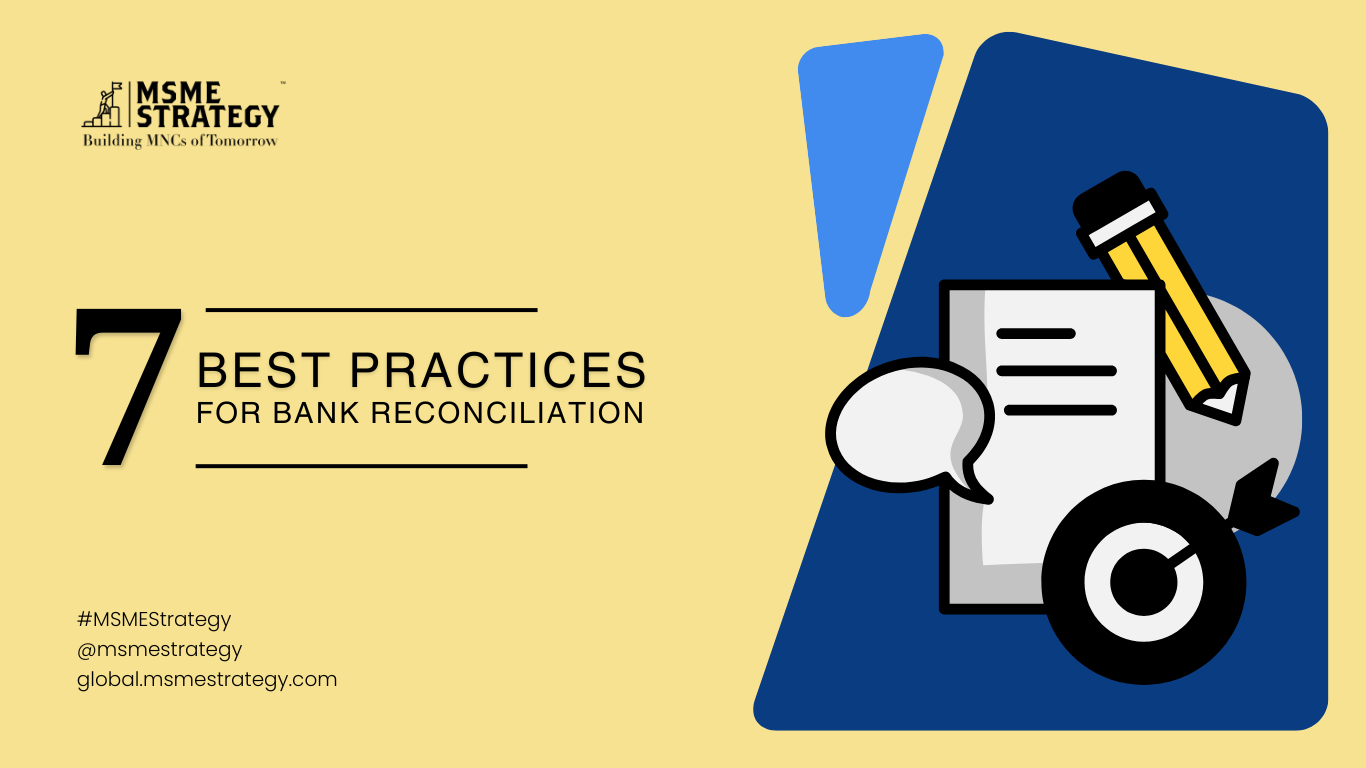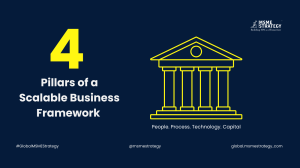For small and medium enterprises (SMEs), managing finances efficiently is a cornerstone of growth and sustainability. Yet, one of the most tedious and error-prone aspects of financial management is bank reconciliation. SMEs often grapple with issues such as mismatched records, unaccounted transactions, and a lack of visibility into cash flow. These challenges can lead to late payments, tax penalties, and even difficulty in securing loans or investments.
In a fast-paced global economy, SMEs cannot afford such inefficiencies. To stay competitive, they need to adopt the best practices and leverage the latest tools available for seamless bank reconciliation.
Common Challenges in Bank Reconciliation for SMEs
- Time Constraints: Many SMEs lack the resources to dedicate full-time staff to financial management.
- Manual Errors: Using spreadsheets or manual record-keeping increases the risk of errors, which can snowball into significant discrepancies.
- Delayed Updates: Without real-time tracking, it’s challenging to stay on top of account balances and reconcile discrepancies promptly.
- Fraud Detection: Inadequate reconciliation processes often lead to undetected fraudulent transactions or theft.
- Technology Gaps: Some SMEs rely on outdated systems that don’t integrate well with modern banking platforms.
Best Practices for Bank Reconciliation
1. Automate Your Reconciliation Process
Manual reconciliation is time-consuming and error-prone. By adopting automated accounting software, SMEs can speed up the process, ensure accuracy, and focus on strategic growth activities. Tools like QuickBooks, Xero, and Wave integrate directly with bank accounts, providing real-time transaction updates.
2. Leverage AI and Machine Learning
The latest trend in financial management is the use of AI-driven reconciliation tools. These platforms can detect anomalies, suggest corrections, and flag potential fraudulent transactions. Global platforms like Zoho Books and Sage Intacct are already helping SMEs transform their reconciliation processes.
3. Adopt Cloud-Based Solutions
Cloud-based accounting systems ensure that SMEs have access to their financial data anytime, anywhere. This is particularly useful for SMEs with operations across multiple locations. Cloud solutions also facilitate collaboration with external accountants or consultants.
4. Implement a Daily or Weekly Reconciliation Schedule
Consistency is key. SMEs should set a regular schedule to reconcile their bank accounts, whether daily or weekly. This reduces the chances of missing discrepancies and makes year-end financial reporting smoother.
5. Use Multi-Currency Support Tools
For SMEs operating globally, multi-currency transactions can complicate reconciliation. Opt for software that supports multiple currencies and provides automatic exchange rate updates.
6. Monitor Cash Flow Regularly
Bank reconciliation should not just be about matching transactions but also about gaining insights into cash flow. Dashboards that provide visual cash flow analysis can help SMEs plan better and make informed decisions.
7. Establish Clear Separation of Duties
To reduce the risk of errors or fraud, ensure that the roles of recording transactions, reconciling accounts, and reviewing financial statements are assigned to different employees. This practice creates accountability and adds an extra layer of security to your financial management.
Actionable Points for SMEs
- Invest in the Right Technology: Research and invest in tools that match your business needs and integrate with your bank.
- Train Your Staff: Educate your team on best practices for reconciliation and the use of new tools.
- Engage External Experts: Consider hiring consultants or accountants to review your processes periodically.
- Establish Clear Policies: Develop a company-wide policy for documenting and verifying transactions.
- Audit Regularly: Conduct internal audits to ensure that your reconciliation processes are robust.
- Stay Updated: Keep an eye on the latest trends and tools in financial management for SMEs.
At MSME Strategy Consultants (global.msmestrategy.com), we specialize in helping SMEs streamline their operations and adopt best practices, including financial management. Our experienced consultants are ready to guide you toward efficient bank reconciliation processes and much more.
#MSMEStrategy #BankReconciliation #SMEFinance #FinancialManagement #GlobalSMEs #MSMEGrowth #BusinessEfficiency






